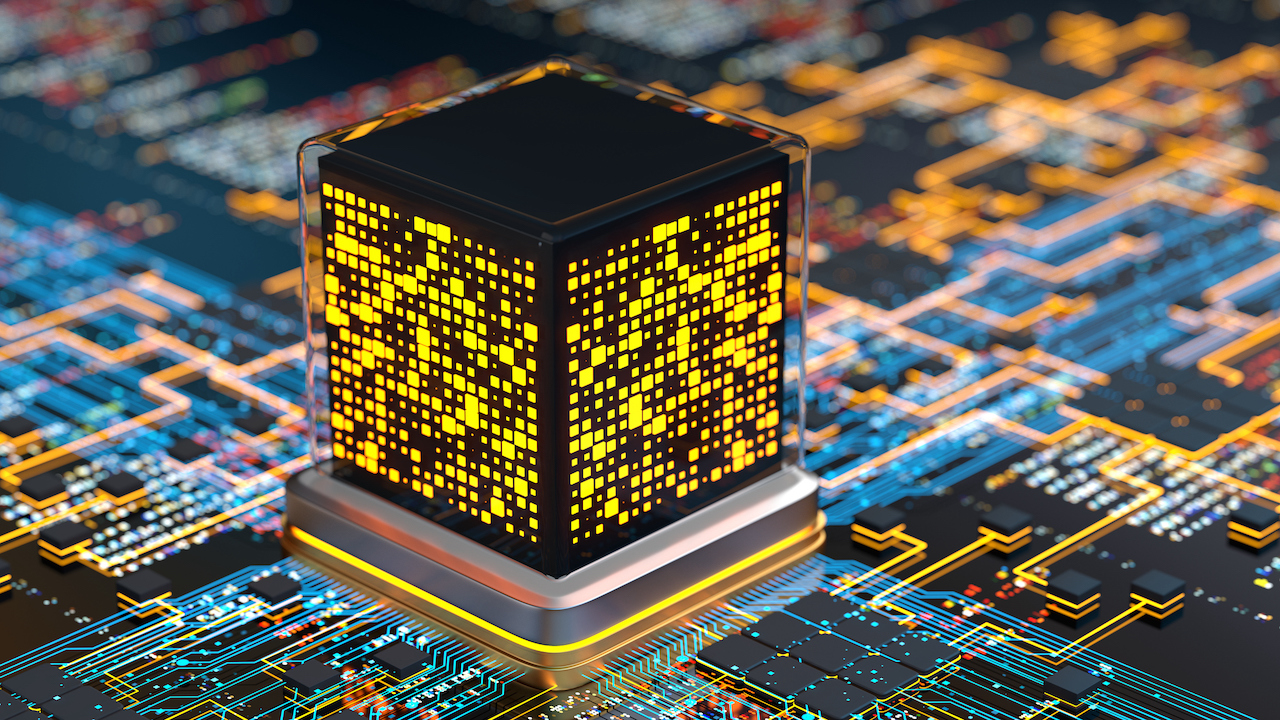Computer technology that uses quantum principles is known as quantum computing, an emerging field of study. Restricting the capabilities of today's computers, they can only encode information in bits that are either 1 or 0. However, quantum computing employs a different type of bit known as a "qubit." It utilizes the unique properties of subatomic particles that allow them to exist in several states.
Knowing Quantum Computing
These supercomputers are based on two aspects of quantum physics: superposition and entanglement. As a result, quantum computers can perform operations at rates that are exponentially faster than traditional computers and consume far less energy. Quantum computing has been around since the 1980s.
Then, it was revealed that quantum algorithms might solve some computer problems more quickly than conventional techniques. The fields of finance, military affairs and intelligence, drug design and discovery, aerospace design, utilities, polymer design, machine learning and artificial intelligence, and Big Data search, as well as digital manufacturing, could all benefit greatly from the application of quantum computing.
Quantum-Computing Mechanics

When it comes to quantum computing, it's unusual since it doesn't rely on binary bits, which are either zero or one. Instead, qubits are used as the basis for the technology. These are quantum mechanical systems with two states, zero and one, that can exist simultaneously.
An N qubit group may attain exponentially more information density than a conventional computer by employing the quantum properties of "superposition" and "entanglement," respectively. Despite their vast performance benefit, system fidelity is still a problem for quantum computers.
The Development Of Quantum Computers
The area of quantum information science has been present for decades, even though the phrase quantum computing has just lately risen to prominence. In 1980, Paul Benioff came up with a quantum computer model. According to Benioff, quantum mechanics may be applied to computers as a "microscopic quantum mechanical Hamiltonian model of computers as represented by Turing machines."
Q-Computing: What the Future Holds
The possibilities of quantum computing are unlimited since the area is so wide-ranging. Artificial Intelligence, chemical simulation, molecular modeling, and cryptography are just a few of the potential domains in the technology. More information about these apps may be found in the following paragraphs.
Artificial Intelligence
The term "quantum artificial intelligence" refers to the merger of AI with quantum technologies (QAI). Computer vision, natural language processing, and robots all rely on new developments in this area.
Modeling Of Molecular Structures
Chemical molecule and human genome processing are two of the most challenging jobs that current computers must undertake. Simulating the interactions of three or more molecules is exceedingly difficult, even for scientists with access to specific molecular models. There has been substantial advancement in the domain, such as when IBM established a world record for quantum simulation, despite the daunting job of constructing computers strong enough for these activities.
Computing Power: Classical vs. Quantum

Information is processed differently by quantum computers. Transistors, either one or zero, are used in conventional computers. Qubits, the fundamental building blocks of quantum computers, can be either 1 or 0. Quantum computing capacity rises exponentially with the number of qubits coupled together.
Adding extra transistors to a circuit boosts power just linearly. Computers with a more traditional design are better suited to routine work. When it comes to doing simulations and data analysis, quantum computers are ideal. This is especially true for chemical or medicinal studies. These computers must be kept at a low temperature.
Moreover, they are more costly and more complicated to construct. Traditional computing advancements include increasing a computer's memory to speed it faster. More complex issues can be solved using quantum computers.
A Quantum Computer in the Real World
Google plans to construct a quantum computer by 2029 and is investing billions of dollars in the project. Google AI, a campus in California, has been established to help the firm achieve its aim. For a long time, Google has been putting money into this technology. Many other corporations, like Honeywell and International Business Machines, have also taken a similar approach.
Quantum computing milestones are expected to be achieved by IBM shortly. Even though a few businesses have created personal quantum computers, no commercial product is still available. For example, JPMorgan Chase and Visa are interested in learning more about quantum computing and its technologies. Google might offer a cloud-based quantum computing service after it has perfected the technology.
The Verdict
When it comes to how it works and what it's used for, quantum computing has a distinct advantage over traditional computer methods. Qubits, which may be either 1 or 0 simultaneously, are used in quantum computing, while transistors are used in classical computers. Quantum computers are substantially more powerful and can be utilized for large-scale data analysis and simulations. However, a commercially viable quantum computer has not yet been created.




